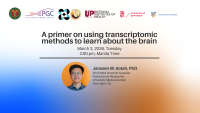In a co-hosted webinar by PGC and the NIH, Dr. Janssen Kotah will present a lecture on using transcriptomic methods to learn about the brain. Dr. Kotah is neurobiologist and is currently a Balik Scientist Awardee.

PGC at the ASEAN ODC25
New Science, New Cultures—this was the central theme during the ASEAN Organoid Developer Conference (ODC25) held at Siam Paragon, Bangkok, Thailand, following the well-received Seoul ODC25 in Korea. At the scientific gathering, Philippine Genome Center (PGC) Executive Director Dr. Windell Rivera participated as a resource speaker who represented and introduced PGC to ASEAN participants involved […]
[Webinar] Global Biobanking Trends and their Public Health Impact
The Biobank Core Facility is hosting a webinar on January 26, 2026, featuring Dr. Cheong Io Hong from the Shanghai Jiao Tong University School of Public Health.
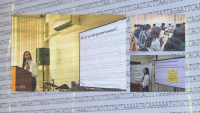
Ensembl workshops at PGC
The Core Facility for Bioinformatics (CFB) co-hosted a two-part workshop with the European Bioinformatics Institute (EMBL-EBI) on December 4 and 5, 2025.
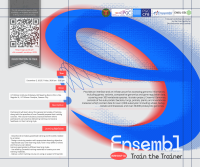
Ensembl Workshops: Genome Browser + Train the Trainers
CFB is co-hosting a two-part workshop with the European Bioinformatics Institute (EMBL-EBI) on December 4 and 5, 2025. The first day is the Ensembl Genome Browser Workshop, aimed at wet-lab scientists and bioinformaticians who are new to using Ensembl or have not yet discovered the power and depth of this resource. For the second day, the Ensembl Train the Trainer Workshop will provide the participants the general principles of training, along with the specifics of how Ensembl prepare their training courses.

16S Metagenomics training hosted by DSCF
The DNA Sequencing Core Facility (DSCF) conducted a 16S Metagenomics training on October 7-9, 2025.
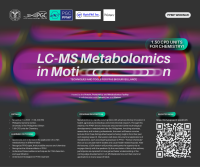
LC-MS Metabolomics in Motion: Techniques and Tools for PFAS Biosurveillance
Through this webinar, the PPMF aims to showcase and promote further technological developments in metabolomics for the Philippines. Involving scientists, researchers, and industry professionals, the event will feature concise lectures from three distinguished experts sharing insights from their past and ongoing research.
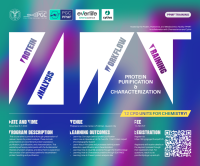
Protein Analysis Workflow Training: Protein Purification and Characterization
This course aims to provide a thorough understanding of general topics such as recombinant protein expression, purification, quantification, and characterization. This workshop will also provide insight into the general pipeline for recombinant protein handling and the fundamental theories and applications involved for Fast Protein Liquid Chromatography.

Appointment of Dr. Windell L. Rivera as Executive Director of PGC
The Philippine Genome Center is pleased to announce the appointment of Dr. Windell L. Rivera as its new Executive Director. Dr. Rivera is a Professor of Microbiology at the Institute of Biology, College of Science, and UP Scientist III at the University of the Philippines Diliman. He also serves as an Academician at the National […]
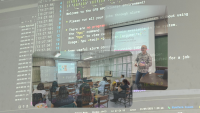
CFB conducts 16S rDNA Metabarcoding Data Analysis Training at UPM
The Core Facility for Bioinformatics conducts a training on 16S rDNA metabarcoding data analysis at UP Manila, College of Public Health.

